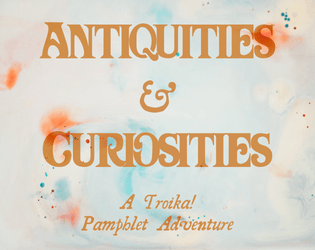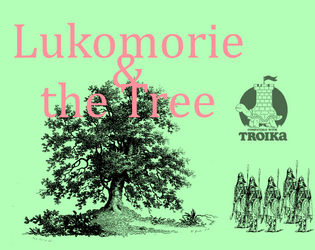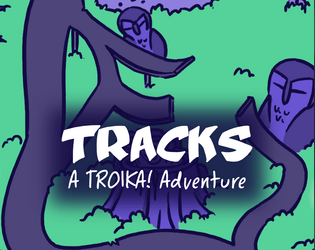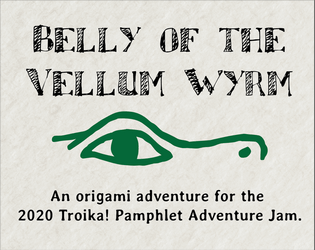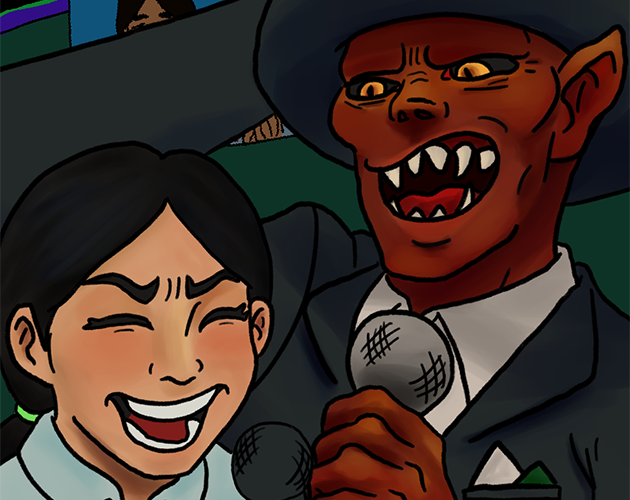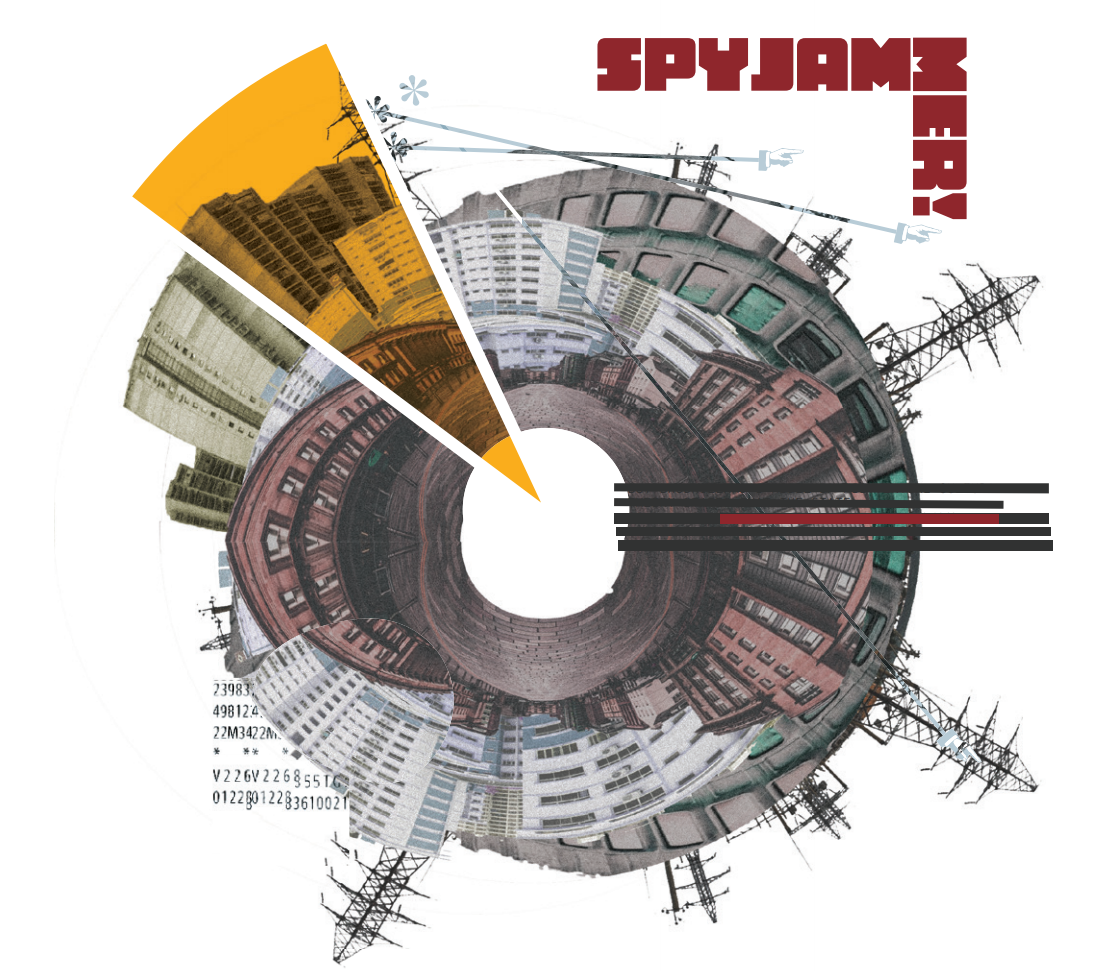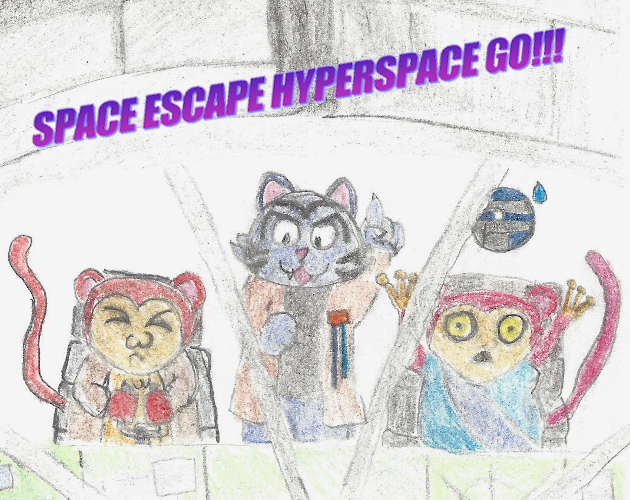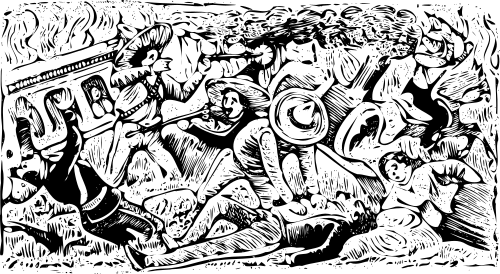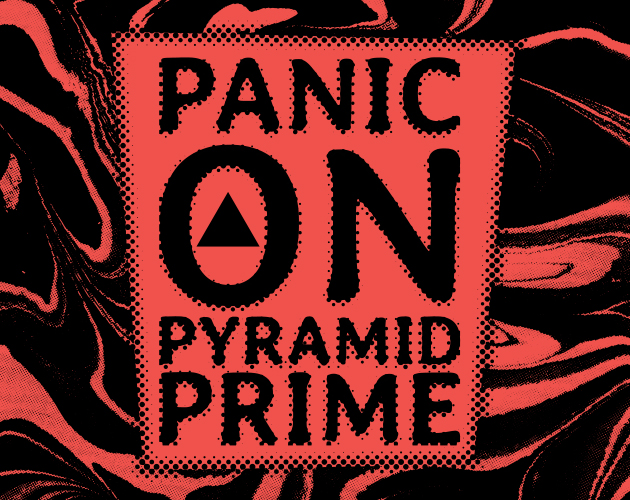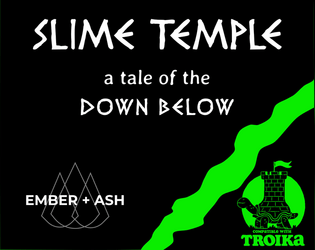You've recently
checked out some RPG actual plays and think it's about time you slay some dragons
for yourself. Or maybe you've been struggling to secure a solid RPG group for
years and feel fed up. Either way, this guide should offer some clarity to
anyone floundering in the nebulous online ttRPG world. This guide turned out
much lengthier than expected, so I'm including a summary at the bottom with the
key takeaways.
My Experiences with Online Gaming
Feel free to skip
this section if you're just here for the advice, but understanding my
perspective should help you decide how to evaluate my guide for your own needs.
Several years ago I
heard about Critical Role and watched a few episodes on a whim. I've loved
fantasy novels, video games, and movies all my life, so getting into D&D
seemed like a no-brainer. Trouble was, I didn't know anyone who played D&D.
I looked around
online and stumbled on Roll20 and their looking-for-game forums. Cool, a public
place to find games with strangers! Turns out, it was not cool. I spent months
trying to join games only to watch them implode from constant flaking. The
games I did manage to join were absolute messes of poor player and DM
conduct--racial slurs, constant backstabbing and infighting, miserable DM ego
tripping--the works. For years I endured this in the pursuit of D&D, until
I finally realized that I wasn't having fun and it wasn't worth it.
 |
| Gamer Anguish |
I looked into other
RPG systems and other places that people play games online. I found Google+ and
played a ton of wonderful games in diverse and exciting systems (Troika!,
Mothership, Spire, oh my!) with cool people. G+ died and many of its users
including my new friends moved to Discord. There, I continued to play and run
fun games with cool people. I'm still doing that today.
Here's how you can
skip over the miserable learning period and go straight to the having fun part:
Where to Look
Avoid public
looking-for-game forums like Roll20's and Reddit's r/lfg like the plague.
They're impersonal, indirect, and chaotic. They're the most publicly facing
ways to find games online and are consequently flooded by clueless, flaky
people with minimal investment in actually getting a game going. Finding a
half-decent game here will feel like a job, make you miserable and want to quit
RPGs. Don't do this to yourself.
Instead, find a
Discord server for an RPG system you want to try out and try to join a game
there. Official servers run by the developers of Indie RPGs are best, but you
might have luck exploring a more general RPG server. Avoid servers with
anything more than a few thousand members. I can personally
vouch for the official Mothership server and the Melsonia server (for Troika)
as great places to find games. I'll post invite links for these at the bottom
of this post.
Why Discord?
Smaller Discord communities feel intimate and personal. You can chat with
people you might want to play games with to gauge compatibility. Even with user
handles, Discord servers provide accountability for its users and feel far less
anonymous than forums. People care about their reputation in a server will behave
well accordingly. Further, users of a game-specific server tend to be
experienced with that game and can teach you how to play. Indie RPG game
servers also tend to uphold high standards for user conduct, and consequently
you'll find most active people there kind and mature.
Don't Stress About System
You can lose
yourself in painstaking research into the hundreds if not thousands of RPG
systems on offer. Don't worry about finding the absolute perfect game, you
won't be stuck with it for life. If you're new to RPGs, you won't know what
exactly you want out of a system until you try some out anyway. Do some cursory
research, pick anything that sounds reasonably cool and has a solid online
community, join their Discord server and ask around for a game.
If you're new to a
system, let people know. Experienced game masters will go to lengths to
accommodate you. I personally tend to seek out inexperienced players so I can
show them the ropes. When you find a game, familiarize yourself with the system
but don't worry about memorizing it. If in doubt, ask your GM. Some GMs might
require no prior reading whatsoever (like me), preferring to teach as they go.
Make Friends and Mentors
Be visible in your chosen
community. Talk to people, play and run games, post cool ideas and ask
questions. If you click with a particular group, play more games with them.
Stick with people who seem like they know what they’re doing and learn from
them. Eventually, you will make a group of core friends and live the dream
gamer life of playing regular games with people you like.
Set Reasonable Expectations
Playing games
online with strangers will never quite be the same as playing in person.
Flaking players, miscommunication, microphone issues and other technical
difficulties all come with the territory. I started to enjoy online games much
more when I accepted all these realities and adopted a more laid back
philosophy.
 |
| Click to enlarge. Trust me. |
Be flexible and
don't give people a hard time when they no-show or games fall through. Expect
around 2/3 of players to show up for any given game, so plan accordingly. I
prefer to wrangle 4-5 people for my games, expecting 1 or 2 drop-outs. If only
a couple people show up for a game, either try to find a last-minute sub or let
it go and try again next week. Enjoy the games that pull together rather than
agonize over the ones that don't.
On Running Games
Here I'll outline
how I recruit players for my games with some insight into my choices. Take this
as an example more than a model--you'll have to devise your own method.
I advertise
sessions in the game server's LFG (looking-for-games) channel. I tend to have
the most success when trying to schedule games about a week out. Shorter and
you might not find enough players, longer and people tend to atrophy. Here's a
list of good things to include on your LFG post:
- The
system you're using.
- A
brief description of the session's content. Hook players with something fun and informative
so they can decide if the game seems right for them.
- The
time and day you plan to run the game. Include your timezone. Give a range or a few
options of game days if you're flexible and willing to navigate different
people's schedules.
- How
long the game will last. Include an estimation plus a hard cutoff. 2-3
hours tends to work best for me.
- How
many players you're looking for.
- Where
and how you're going to run the game. I highly recommend keeping things light and not
using a virtual tabletop like Roll20. The fewer avenues for technical
difficulties, the better. My players keep their own character sheets and roll
dice however they like (online dice roller or physical dice). I run my games
exclusively using discord's voice chat.
- A
content warning and any safety tools you plan to use. Playing with
strangers can be delicate, particularly if your game has the potential for
horror or graphic content. Laying out boundaries and expectations for player
and GM conduct before a game is essential. Just mentioning things like content
warnings will help deter unsavory folks who might otherwise ruin your game with
inappropriate behavior. You might wish to formalize your safety measures with
tools like those outlined in this helpful resource and toolkit.
Once I have a group
of interested players, I make a private Discord group chat for the game. I
introduce myself in the chat and provide additional detail about the game if
necessary (character creation stipulations, a longer scenario introduction,
etc.). I explain the safety tools we'll be using, if any. I solicit questions
and answer them to the best of my ability. I prefer players generate characters
in advance so we can jump into the game faster come game time. I provide
pre-generated characters for anyone who wants them.
After a game, I try
to get feedback on how things went and de-brief the players a bit. It's nice to
hang and chat after a game if you have the energy, particularly if you're
trying to make new friends. It's good practice to keep a list of all the cool
people you've gamed with so you can reach out for future games. I highly
recommend posting session reports (even extremely brief ones) to the server you
found your players in. Building a reputation for running games will make it
easier to find good games in the future.
Conclusion
This is by no means
a comprehensive guide to playing RPGs online. I'm not an authority on the
subject, this is just one perspective on enjoying online gaming. I was deeply
discouraged when I was first getting my start in the RPG hobby and found no
useful advice for joining online games. I hope this advice spares someone the
heartbreak and anxiety of hunting for online games without any guidance.
Summary
- Avoid
public looking-for-game forums like Roll20's and Reddit's r/lfg.
- Choose
a system you're interested in and find games in that community's Discord
server.
- Approach
the inconvenient realities of online gaming with a relaxed attitude.
- Entrench
yourself in gaming communities. Make friends and build towards more stable
campaigns.
- Develop
a personal methodology when recruiting for games. Be informative, be flexible,
be kind.
Invite Links
As promised above,
here's the places I've had success fining games to run and play in:
The official Mothership RPG server
The official Melsonian Arts Council (Troika RPG) server











